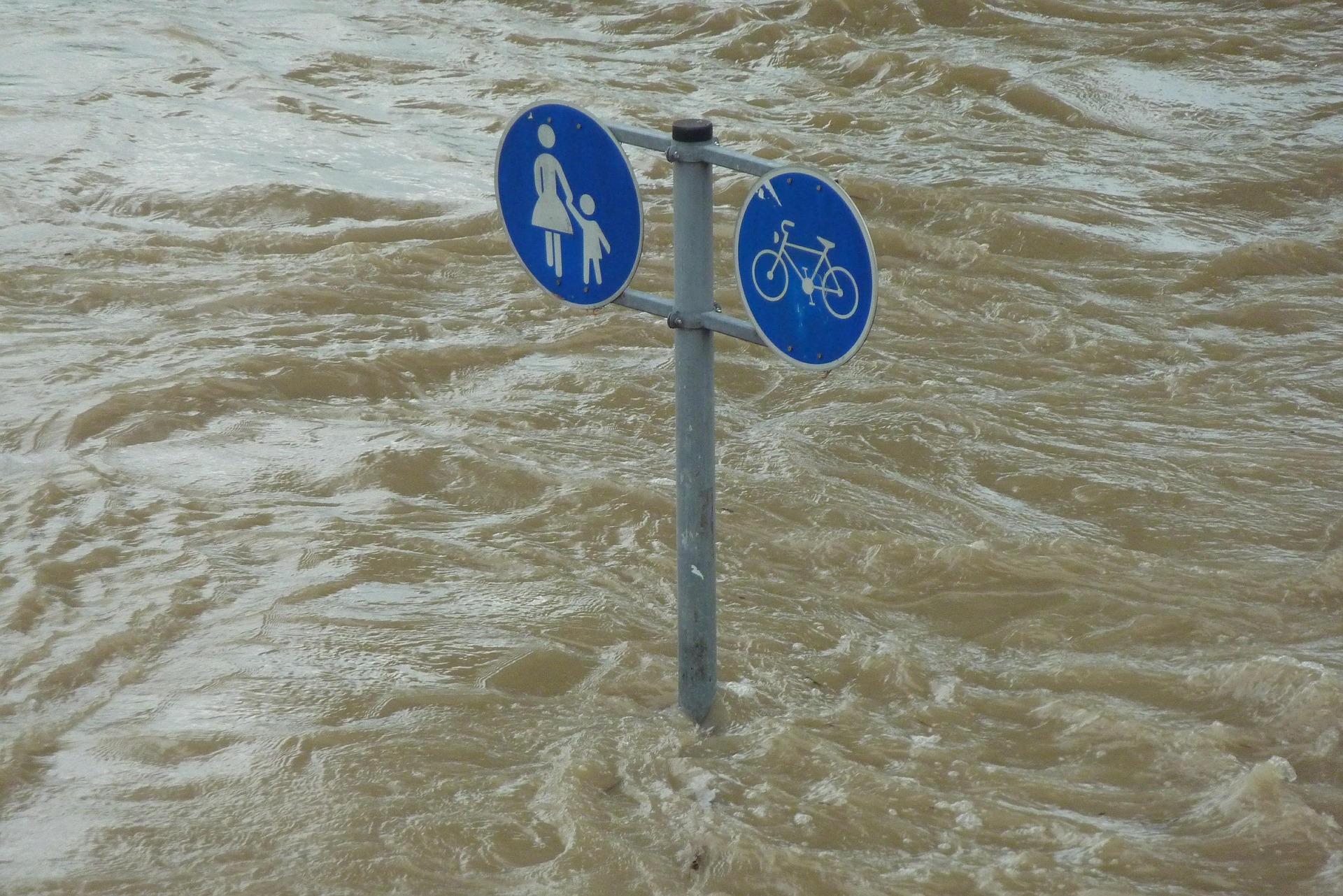The international community has concluded that climate change represents an urgent threat to human and natural systems (The Intergovernmental Panel on Climate Change, IPCC, 2014a) and that an effective and immediate response to climate change is required to prevent hazardous human interference with the climate system (IPCC, 2014b). IPCC has highlighted the necessity of countries, companies, communities, and individuals worldwide to participate in climate change mitigation, which is defined as human intervention to reduce the sources or enhance the sinks of greenhouse gases.
What should the response of education be?
It has been indicated that teachers’ emotions about climate change and their views on mitigation influence their instruction and students’ engagement in mitigation actions. Climate change seems far too important to be left to the whims of individuals. It demands a response so that learners are prepared to engage in the issue. We know from the issue of Ocean plastics, that many young people are concerned about their environment. In the clamour for excellent results in the essentials like reading, writing, mathematics and science, it is easy to forget that the whole purpose of education is to engage our culture in relevant ways that address the issues of the day. Climate change is already impacting communities all over the world.
A holistic phenomenon with cross-curricular responses.
According to the excellent website, teachers-climate-guide, Climate change is at the heart of geography in many ways, and vice versa. As a holistic phenomenon, its causes, consequences and implications are closely related to natural and social sciences, culture, technology and economics. Furthermore, it is a regional phenomenon, meaning although climate change and its impacts are seen around the world, they vary from place to place. The geographical concept of scale plays an important role in understanding climate change in-depth. Impacts of global warming and methods of climate change mitigation are different in different communities, counties, countries and continents around the world, and processes at different levels impact on each other.
How do you approach this issue?
There is a myriad of approaches from a local and regional level to that of a distant locality. The links below are a great starting point.
Back in 2008, the Bermuda National Trust produced a report on climate change. The report is now 10 years old but it provides a good starting point to localise the impact of climate change.
[1] International Journal of Environmental & Science Education, 2016, 11(4), 389-408
“Climate change has happened because of human behaviour, therefore it’s only natural it should be us, human beings, to address this issue. It may not be too late if we take decisive actions today.”
-Ban Ki-moon, Secretary-General of the UN1
https://www.uncclearn.org/sites/default/files/inventory/resource_guide_on_integrating_cc_in_education_primary_and_secondary_level.pdf



